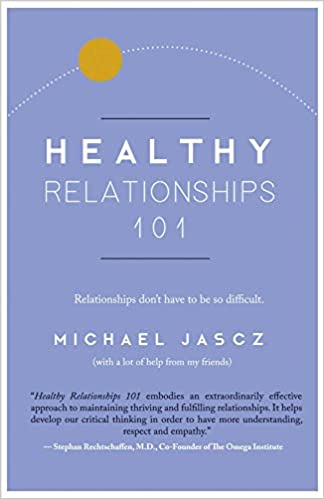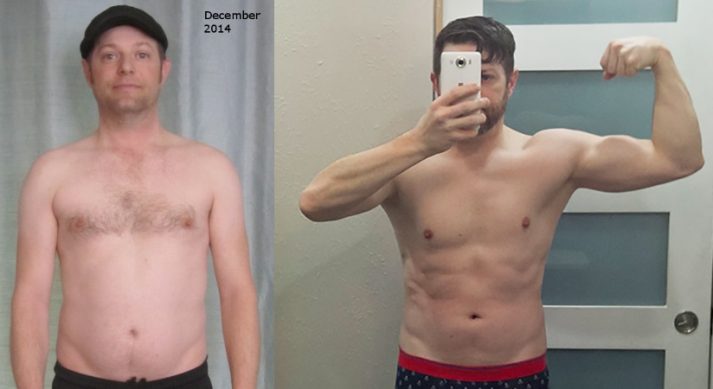
BMI charts are something that most people have seen, but they may not be the right one for you. BMI charts show the height and weight of an individual. It gives you an idea of a healthy weight range and can help you make informed decisions about your body weight. The chart shows how tall and heavy a person is in relation with their age and height. This is a quick way to calculate your BMI.
Look at the BMI chart and find your weight in pounds. Then, measure your height in feet and inches. Look across the chart to find your BMI. If your BMI is under 245, then you should use the first chart. If your BMI exceeds 245, you will want to use the second. The BMI chart's shaded areas indicate that you are overweight. If you are in the 30s or more, you will be in class 1. If you fall within the 35-39.9 category, you will be considered obese. If you fall somewhere in between, you should choose the second.

BMI isn't an exact science. Although it is an imperfect indicator of healthy weight, it does reflect a healthy body. Although it's not perfect, it is a good tool to help you make healthy decisions about your weight and health. A BMI chart will help you determine if you're obese or overweight and what you can do to get in shape.
A BMI chart is helpful for those who struggle to use the calculator. BMI calculations do not consider gender, sex or pregnancy. You might have to adjust the numbers to suit your needs. BMI should not be the only factor you consider when using a BMI calculator. But it is important to use it to make informed choices. It's important to make informed choices.
Remember that a higher BMI means you are more likely than others to get sick. Your BMI is an indicator of your height and weight. It can also be used to track your progress over time. With the help of a BMI graph, you can assess your body's weight and determine the right diet or exercise program. For more information, consult your doctor.

A BMI chart can be a useful tool for parents. Although children's BMI may be different from adults', it is still useful for parents to have a general idea about their child's weight. A healthy BMI for women ranges between 18.5 and 24.9, and a healthy weight for a woman is in the range of 18.5 to 24.9. To calculate how much weight a woman will gain during pregnancy, it is possible to use her pre-pregnancy body mass index.
FAQ
What does butter do to men?
Butter is one source of saturated fats. This type of fat contributes to healthy skin, hair, and stronger bones.
Vitamin K, found in butter is an antioxidant that prevents bleeding from cuts. Vitamin K and vitamin B work together to prevent any bruising.
Butter is also rich with minerals, such as calcium and phosphorous. These elements are good for teeth and bones.
However, butter has some drawbacks. Butter is high in cholesterol. Research has shown that high levels of cholesterol could increase your chances of developing cardiovascular disease.
Butter is also high-fat, which can contribute to obesity and increase cholesterol.
However, if you must have butter, try spreading it on bread rather than dipping it into soup or salad. Bread absorbs more oil than potatoes or pasta.
Do Men Need A Gym Membership?
A gym membership does not have to be required for men. However, your money will be more valuable if you join a gym.
Most gyms offer free trial memberships, allowing you to try out the facilities before paying any fees.
The gym is free to use whenever you wish, and there are no fees. You can cancel your membership at any time, no matter how much you like it.
Do I have to exercise while drinking alcohol?
Yes. Alcohol can increase energy expenditure, speed recovery time, and reduce soreness.
The insulin sensitivity of alcohol is also increased, which makes it easier for glucose to be absorbed.
However, alcohol can lead to dehydration that can slow down your metabolism. It also reduces testosterone production, which may decrease muscle-building potential.
This is why women shouldn't have alcoholic drinks before exercising. Women who drink heavily should wait at LEAST 24 hours before they start working out.
Breastfeeding women should stay away from alcohol.
Men should drink only one glass of alcohol per day.
Statistics
- According to the American Academy of Dermatology (AAD), men over 50 are at a heightened risk of developing it. (healthline.com)
- According to the American Heart Association, blood pressure should be checked at least once every two years, beginning at age 20. (my.clevelandclinic.org)
- Candidates and applicants must pass all four tests at 70% (minimum level) to graduate from Basic Deputy U.S. Marshal (BDUSM) Training. (usmarshals.gov)
- Get free shipping and 25% off today. (healthline.com)
- By John Thompson Take a whopping 38% off a set of PowerBlock Pros. (menshealth.com)
External Links
How To
How do I lose weight while working out?
Exercise helps you lose calories by increasing your metabolism and oxygen intake.
At moderate intensity, you will lose weight easily.
These tips can help you to burn fat while training:
-
Do cardio exercises such as walking, swimming, jogging, cycling, running, or elliptical training.
-
For 30 minutes, do it three times a week.
-
You can add strength training into your exercise routine if you're looking to lose even more weight.
-
Avoid intense exercise. It's possible to build muscle, but not lose it.
-
During exercise, drink plenty of water. Water helps to flush out toxins from the body and maintains proper hydration.
-
After exercising, you should drink low-fat protein drinks. Protein shakes boost energy and repair muscle tissue.
-
Take smaller meals throughout each day to avoid feeling hungry.
-
Don't skip breakfast! Skipping breakfast can make you tired and sluggish.
-
Take care of your mind. Stressful situations can slow down metabolism.
-
Keep a positive attitude. Research shows that overweight people gain more weight if they believe they are overweight than those who believe they look good.
-
Get enough sleep. Insufficient sleep can make it more difficult to lose weight.
-
Keep active. Get up every hour and get moving.
-
Maintain a healthy diet. Eating right keeps you feeling full and satisfied longer.
-
Find relaxation methods. Your body won't release stress hormones that cause muscle tissue destruction if you have a tense mind.
A balanced diet includes all essential nutrients needed for growth and development.
You should eat six small meals per day rather than three large ones. This gives your body the time it needs to process what you've eat.
Calcium is required to support strong bones. Calcium is found in dairy products like yogurt, fortified milk beverages, orange juices, cereals and bread.
Calcium is found in leafy vegetables, beans and tofu, as well nuts, seeds and cheese.
Your body needs vitamin D to absorb calcium. It's found in fatty fish, egg yolk, and some fortified foods.
Vitamin E plays an important role in skin health. Vitamin E can be found in vegetable oils as well as wheat germ oil, peanuts and almonds.
Your body needs zinc for normal immunity function and wound healing. Zinc is found in seafood, oysters legumes meats, whole grains, whole grains and meats.
Zinc deficiency can cause fatigue, loss of appetite, depression, and impaired immunity.
Insulin resistance is caused by eating too much sugar, which can increase blood glucose levels. Insulin resistance leads directly to weight gain.
Insulin resistance is caused by high blood levels of free-radicals. Free radicals are molecules containing unpaired electrons which cause damage to cells membranes.
Most free radicals come from pesticides herbicides, food additives, preservatives smoking, radiation, chemical in cosmetics, lotions and household cleaning supplies.
Free radical damage can lead to cancer, heart disease, diabetes, arthritis, asthma, and aging.
Eating a well-balanced diet with antioxidants is the best way to prevent free radical damage. Antioxidants protect against oxidative damage.
Vitamin C, beta carotene (found within citrus fruits, carrots, sweet potatoes and spinach), Vitamin E (found inside nuts, olive oils, avocados and eggs), and Vitamin C (found among mangoes.
Other antioxidant nutrients include selenium, copper, manganese, and zinc.
Selenium helps protect cells from oxidative damage caused by free radicals. Selenium can also be found in Brazil nuts (tuna), liver, kidneys and shrimp.
Copper protects the brain, eyes, lungs, and red blood cells. Copper is found in shellfishes, poultry, meat, organ meats, and other foods.
Manganese is an essential component of bone structure. Manganese may be found in brown rice or spinach, bananas and prunes as well raisins, oatmeal and lentils.
Zinc is important for healthy growth, reproduction, and wound-healing. Zn is found in lean meats, poultry, white fish and eggs.